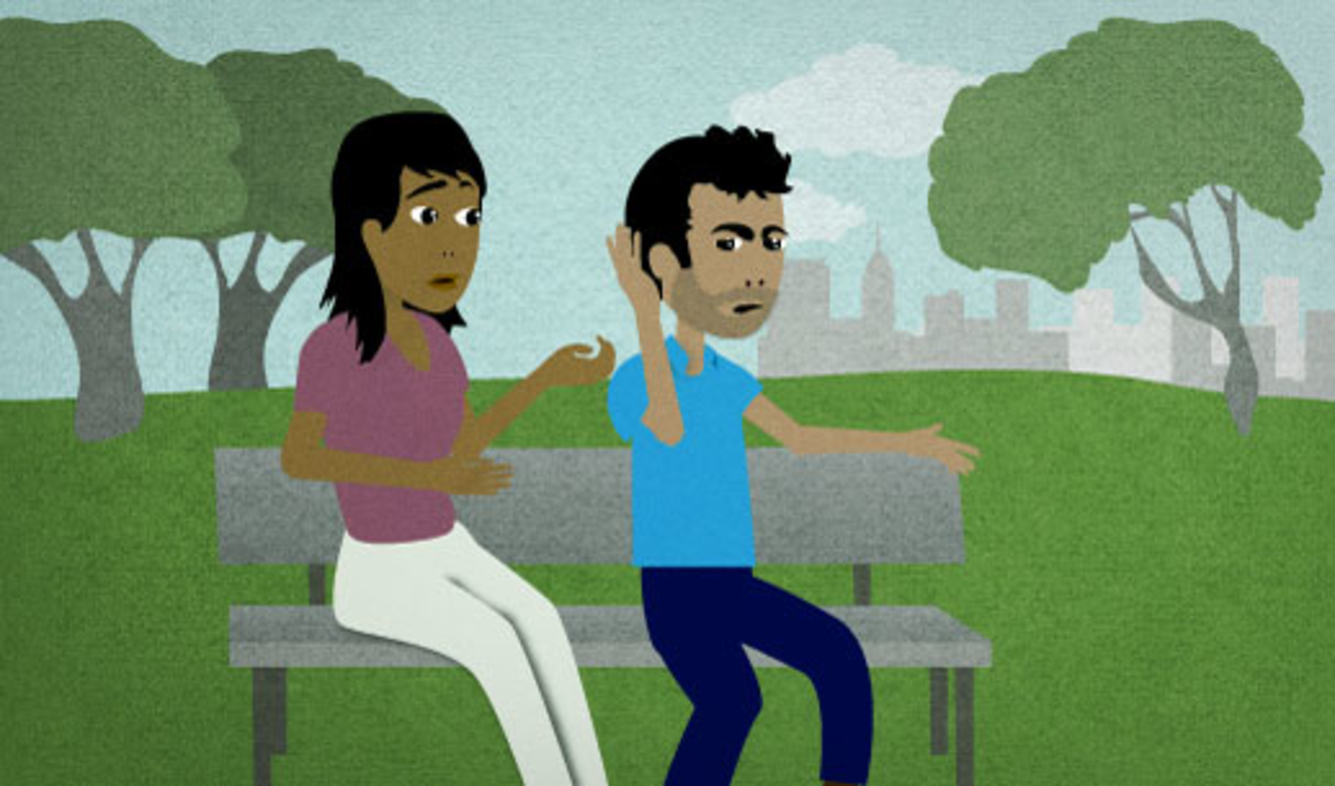

Hopefully, Happy-Marriage Week will be unlike any of the well-worn celebrations now in existence. The forgotten man and woman, rediscovered once a year! Alone they are negligible en masse they are news. The happiness that flourishes, unnoticed, in countless happy homes may not be news, but happiness celebrated simultaneously by millions immediately makes headlines. Curran, "Happy-Marriage Week", Good Housekeeping July 1950: To put happiness on the map, even on the front page, for a whole week out of the year can not fail to achieve some good. Le Conte Stevens, "University Education for Women", North American Review, January 1883: Despite the political transgressions of the present generation, there are some subjects left in which it is hopefully possible to improve on the results left by our forefathers. Some 1883 examples of evaluative hopefully:Īllan Pinkerton, The Burglar's Fate And The Detectives, 1883: These facts Manning gleaned in a conversation with the proprietor of the hotel, while he was making his preparations to commence his search for the man whose crime had led him such a long chase, and whose detection now seemed hopefully imminent. But the "traditional meaning" of hopefully, "in a hopeful manner", still accounts for 24% of instances, so it's misleading to say that this usage is "all but lost". So evaluative hopefully is certainly now part of American English. By the 2000s, 76% of COHA's instances of hopefully are evaluative, many from esteemed writers in well-edited sources. Copperud was right - in the COHA sample from the 1940s, 2 of 182 instances of hopefully were evaluative adverbials rather than manner adverbials (1%) in the 1950s, the titre was 10 of 220 (4.5%) in the 1960s, it was 82 of 233 (35%).MWDEU was right - going back at least to the 1880s, roughly one hopefully in a hundred was the evaluative type meaning "it is hoped" or "I/we/they hope" rather than the manner-adverbial type.This morning (Istanbul time), I thought I'd take a closer quantitative look at the history of hopefully, using evidence from Mark Davies' Corpus of Historical American English. I didn't quote the end of that sentence, which asserts that hopefully "has all but lost its traditional meaning". And I quoted Bryan Garner as saying, among other things, that "the battle is now over", and " Hopefully is now a part of AmE". I also quoted MWDEU quoting Copperud 1970 to the effect that the "rapid expansion of use of hopefully as a sentence-modifier" began "about 1960", and I exhibited a Google Ngrams plot supporting this date.

In The H-word, I quoted MWDEU to the effect that the sentence-adverb use of hopefully "was available if writers needed it, but few writers did".


 0 kommentar(er)
0 kommentar(er)
